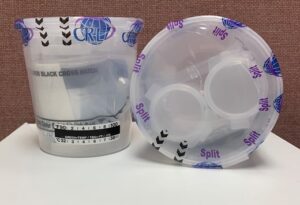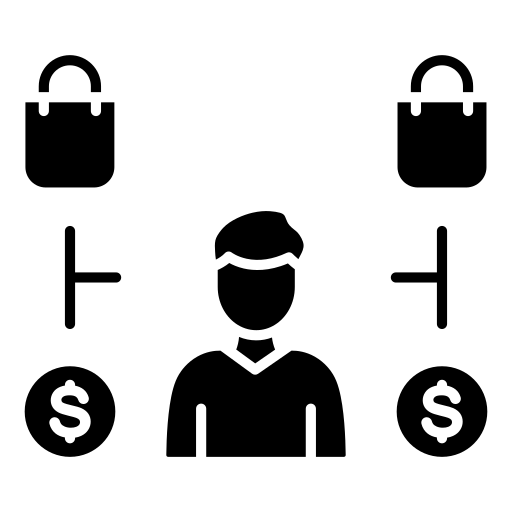
By becoming a certified DOT urine specimen collector, you will be qualified to conduct both DOT and non-DOT drug tests, ensuring compliance with all regulatory requirements.
To provide DOT (Department of Transportation) and non-DOT drug testing as a certified DOT urine specimen collector, you’ll need to follow a specific certification process that ensures you meet the standards and regulations required for DOT drug testing.
The DOT has specific regulations for drug and alcohol testing, which fall under 49 CFR Part 40. These regulations apply to various transportation industries, such as trucking, aviation, and public transportation. DOT drug testing typically involves urine collection, and as a specimen collector, you need to ensure that the process adheres to the DOT standards.

Follows 49 CFR Part 40 for drug and alcohol testing.

Applies to trucking, aviation, and public transportation

Primarily uses urine collection for drug screening.

Collectors must follow DOT standards for accurate testing
Before you can start collecting urine specimens for DOT drug tests, you must complete a training program that is compliant with DOT regulations. The training will cover:

Proper specimen collection ensures accurate, tamper-proof drug testing through standardized protocols, including identification, chain of custody, and secure handling per regulations.

Maintaining specimen integrity ensures accurate results by following strict protocols, preventing contamination, tampering, or mishandling during collection, storage, and transportation.

Properly completing a Chain of Custody Form (CCF) ensures accurate tracking by documenting specimen handling, transfer, and verification throughout the testing process.

Legal and ethical considerations ensure compliance, confidentiality, and integrity in drug testing, protecting individuals' rights while following regulatory and professional standards.

Proper observation and monitoring techniques ensure accurate specimen collection by preventing tampering, ensuring privacy, and maintaining a controlled environment during the process.

Confidentiality and privacy considerations protect individuals' sensitive information by adhering to legal standards, ensuring data security, and preventing unauthorized access to test results.
Note: The training program must be accredited and recognized by the Department of Transportation (DOT), often through an authorized trainer or service provider. Many companies or third-party organizations offer training.
Puisis Consulting delivers tailored solutions that drive growth, innovation, and efficiency. With expert insights and a client-first approach, we empower businesses to thrive in dynamic markets.
This comprehensive training ensures that you’re fully prepared to collect specimens accurately, professionally, and in compliance with DOT guidelines.

Puisis Consulting
Copyright © 2025 All rights reserved.